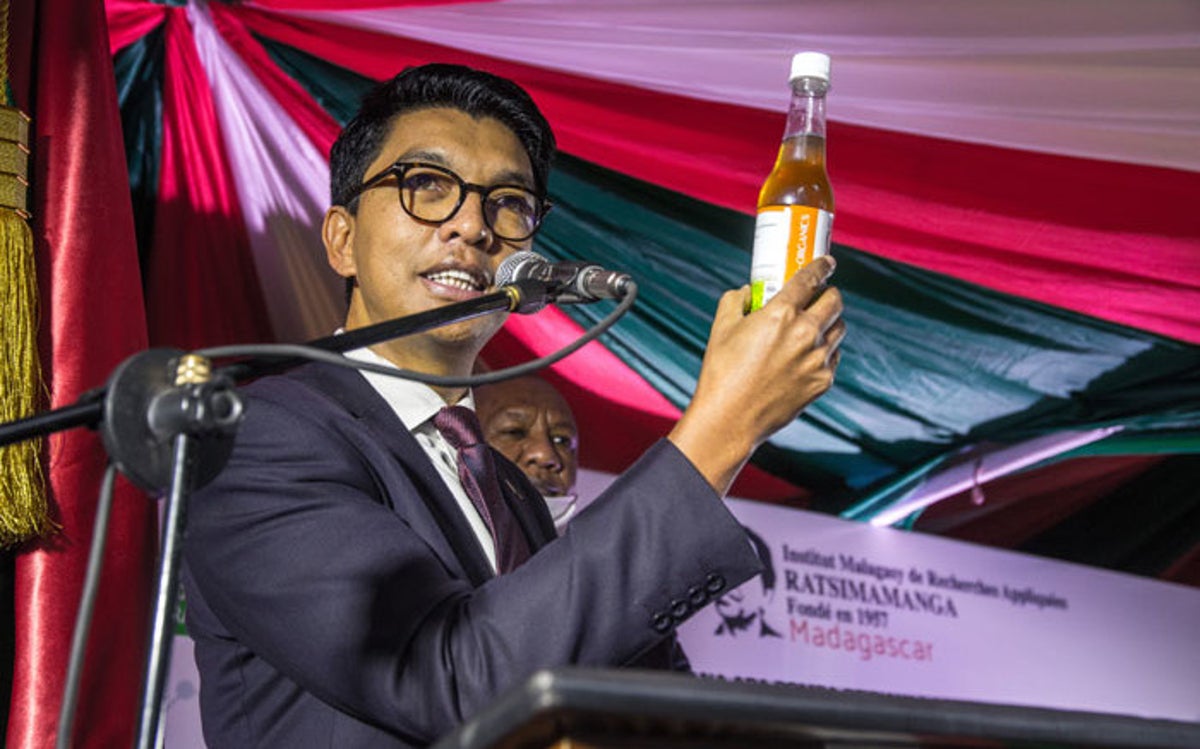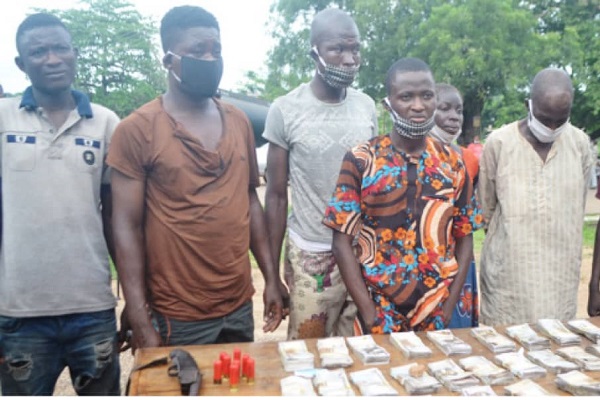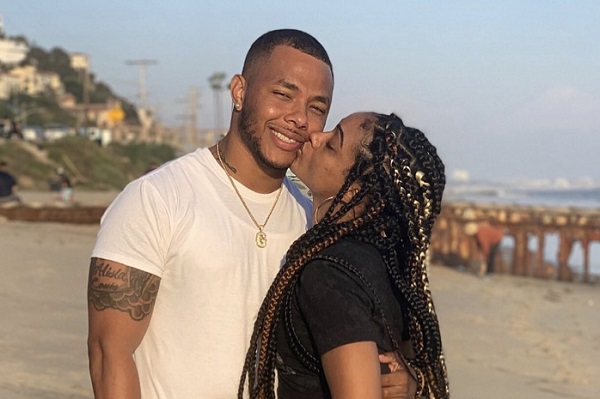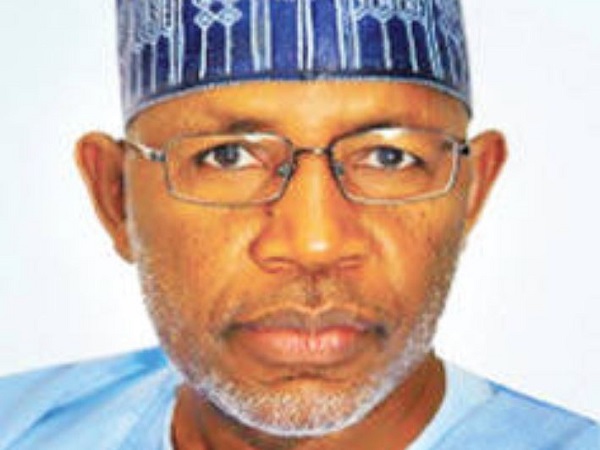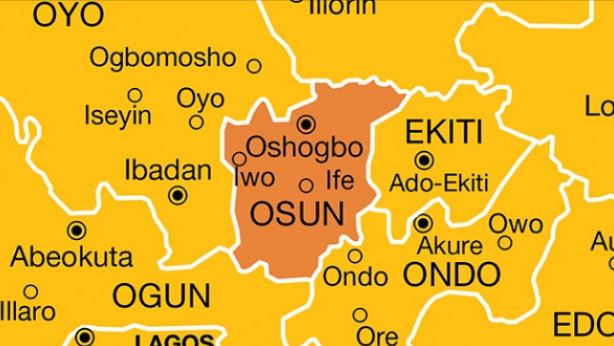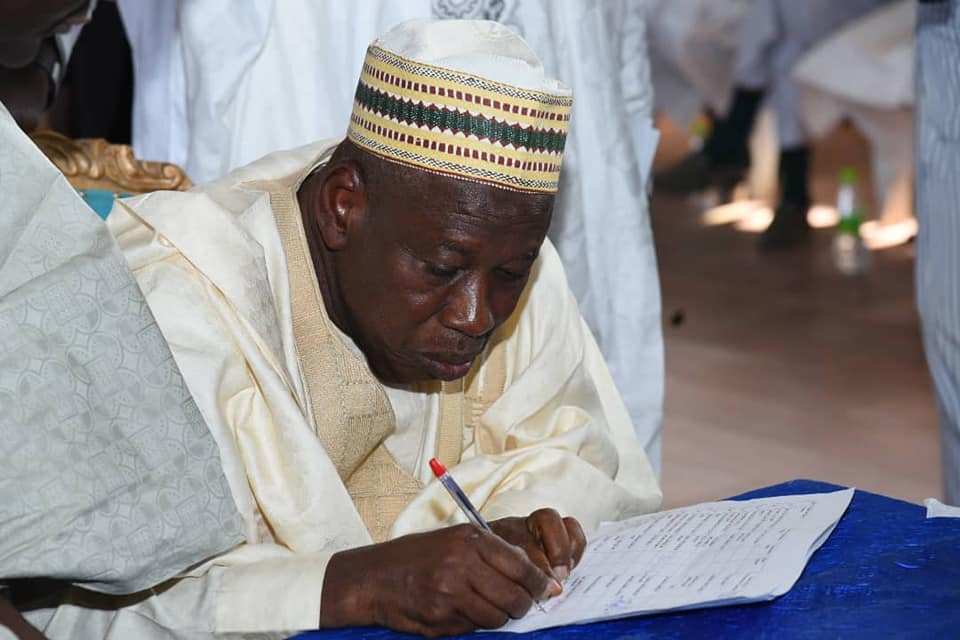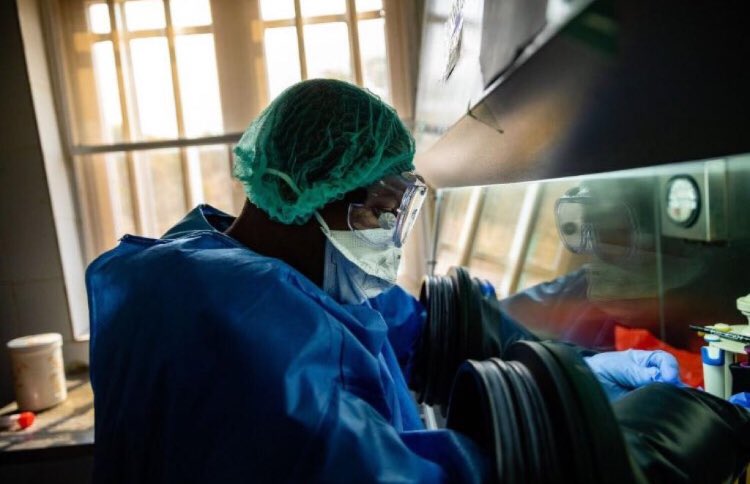I battle lots of misinformation and disinformation on social media daily. As a journalist, quite a good number of people think you have the answers to every question, especially when they found the information in the “news”. I have been asked many questions about the Madagascar cure for COVID-19, which I have dodged and dodged, but today, I have answers.
The most pressing question has been: Does Madagascar really have a cure to COVID-19?
If I say no, my educated friends are quick to say, but Madagascar has over 50 percent recovery rate, has recorded no deaths, and has less than 100 active cases. They should show us how they are doing it.
This used to be true, but not anymore: Madagascar now has 322 cases, 119 recoveries, and one death. The country’s clean sheet has been stained by the passing of a 57-year-old COVID-19 patient, who was said to have had underlying illnesses. The recovery rate has also gone below 50 percent.
Advertisement
Nigeria’s recovery rate is less than 30 percent, if we can get any drug that takes our recovery rate to 50 percent or more, shouldn’t we take it? We should. We definitely should. But just follow me.
If I say yes, Madagascar may have a cure, the next question is: So why is the World Health Organisation (WHO) not accrediting the cure?
Andry Rajoelina, president of Madagascar, has made heavy allegations, suggesting the world is doubting the country’s COVID-19 cure, known as COVID-Organics (CVO) because it originated in Africa.
Advertisement
“I think the problem is that (the drink) comes from Africa and they can’t admit… that a country like Madagascar… has come up with this formula to save the world,” Rajoelina said in an interview with France24.
“My question for you is: what if this remedy has been discovered by a European country instead of Madagascar, will people doubt it so much? I don’t think so. I can tell you that the Madagascar patients who have received the remedy prove that it works.”
Trust many Africans to get on this train. Since the World Health Organisation (WHO) asked Africans to express caution in taking Madagascar cure, conspiracy theories have taken over many groups on WhatsApp. Some claim the WHO has been paid to discredit the African remedy, others claim that WHO is planning to poison the remedy.
MADAGASCAR TESTED ‘CURE’ ON LESS THAN 20 PEOPLE
I would love to see an African cure to a global healthcare challenge in my lifetime. This has driven my research on the possibility of a COVID-19 cure coming from within the continent. I think I had consciously or unconsciously made this know to people within my sphere.
Advertisement
In March a 15-year-old boy reached out to me, saying he has found a cure for COVID-19. Naturally, one may dismiss it that what does he know about the virus that is tearing the world apart. But I didn’t, I called his parents, spoke with him, had him explain, and I felt what he was saying was reasonable. My background in the sciences knew he was being reasonable, so I linked him up with WHO Nigeria, but things did not seem to go well.
Why? In science, cures go from mere hypothesis, run pre-clinical and clinical trials, before it can be confirmed as a cure. This is Madagascar’s mistake: When the country declared it’s COVID-Organics as a cure to COVID-19, it had only tested it on less than 20 people.
Lova Hasinirina Ranoromaro, the chief of staff to the president of Madagascar told BBC in April, that the cure had been tested on less than 20 people over a period of three weeks. To make matters worse, the National Academy of Medicine of Madagascar (ANAMEM) said the remedy “is a drug whose scientific evidence has not yet been established, and which risks damaging the health of the population, in particular that of children”.
Officials in the country’s ministry of public health also said they have not been consulted on the COVID-19 remedy.
Advertisement
If a country’s academy of medicine and its ministry of public health say the drug being touted by the country has not been subjected to rigorous scientific processes, and the president’s chief of staff says it has only been tested on fewer than 20 people, should any other nation take it seriously?
HERE IS HOW VACCINES WORK
Vaccines/cures are not political statements, you cannot just announce a drug as both curative and preventive without following due process. It cannot be left to politicians, neither can it be left to scientists alone. Like American political scientist Fareed Zakaria said: “Just as war is too important to be left to the generals, pandemics are too important to be left just to the scientists.” We need both politics and science in the right proportion.
Advertisement
COVID-19 vaccines are not the first in human history, many vaccines came before now, and there was a process to them. According to the global standards, “once a promising vaccine is identified”, they undergo “scrupulous laboratory testing”. This includes careful examination and testing of the vaccine and its ingredients.
If the ingredients are found to be safe, they then go to clinical trials in three phases. The first phase involves 20 to 50 people to “assess the safety, side effects, appropriate dosage, method of administration, and composition of the vaccine”.
Advertisement
If phase I is successful, phase II kicks off with several hundred people with the same age and sex and other characteristics as the final intended users. If phase II goes on well, then phase III is activated. Here, the vaccine is usually given to thousands of people to help ensure it is safe and effective for broader use.
Regulators then assess the results of the vaccine trials and decide based on hard evidence, if the vaccine can be regarded as a safe cure to a certain disease or not. This often takes years, but for COVID-19, the world is in a hurry for a cure, so everything is done at a faster pace, but even the fastest vaccine is expected to take 12 months.
Advertisement
As of May 15, 118 vaccine candidates have been submitted to WHO for trials — 110 are in pre-clinical trials, while eight have made it to clinical trials, including the popular University of Oxford drug.
It is interesting to note that Madagascar’s remedy has not been listed for these trials. This is what Madagascar ought to be pushing now. We want to declare a remedy, without going through the process.
Yes, we want Africa to solve global problems, but would you subject your life to an untested remedy? Your answer is as great as mine.
Follow ‘Mayowa on Twitter @OluwamayowaTJ
Add a comment

